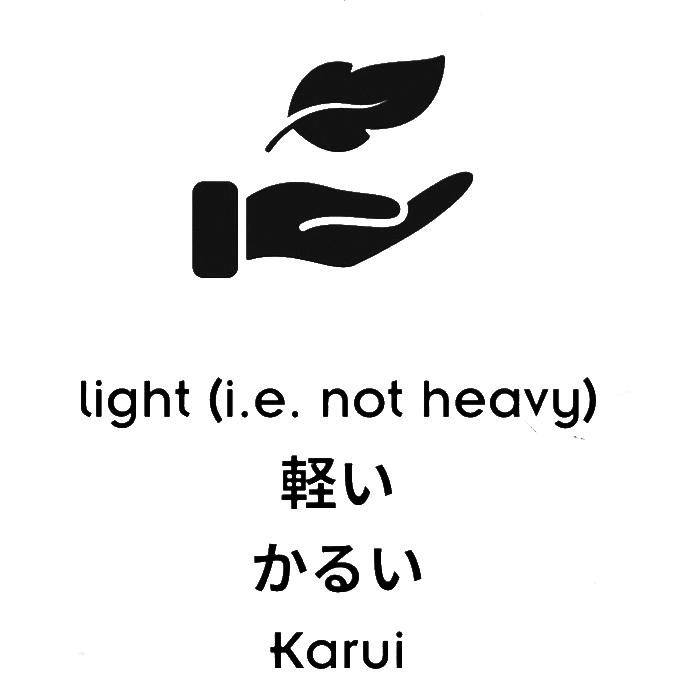(is it a meditation, or just zoning out beautifully)
When I imagine being almost alone, it feels like standing at the edge of quiet, where the world takes a step back and, mercifully, stops shouting. There’s space to notice the subtle stuff: a distant train, the hum of the fridge, the way light moves like it’s thinking about something. It’s not quite solitude, not quite company. It’s something in between, a stillness that lets you breathe without explanation.
It’s comforting. Curious. Occasionally eerie, but in a poetic way, like you’ve wandered into a museum after hours and the statues have started whispering to each other.
In Japan, this in-between feeling often comes with its own soundtrack, rain on tatami, a kettle just beginning to sigh. There’s a word for the space between things: ma. It’s not empty. It’s alive with pause. It’s the breath that makes a sentence human. A gap that lets two people notice each other without the pressure of speech.
You don’t have to fill it. You just have to be in it.
But back elsewhere, depending on your surroundings and caffeine levels, this drifting awareness might also feel like something less elegant. Somewhere between dreaming and awake, where your thoughts stretch into odd shapes, and everything feels slightly profound and slightly confusing. In some cultures, this would be called meditation. In others, it might be classified as “concerning behavior during a team meeting.”
Still, it’s often where good things float to the surface: thoughts you weren’t chasing, answers you weren’t demanding, and ideas that arrive sideways while you’re staring at a curtain.
Even online, there are flickers of synchronicity, when someone messages you at the exact moment you were about to message them. A kind of digital ma. The mutual pause. The shared breath across the wire.
These moments feel soft, weightless, maybe a little off-script. But they matter. They’re the parentheses around the day. The comma where a breath fits. The sense that, while you’re not entirely alone, you’re allowed to be still.
And if you’re lucky, the tower doesn’t fall. It just leans, forever undecided.
Author’s Notes:
This is a loose collection of useful clarifications and less-useful admissions:
If you experienced an odd floating sensation while reading this, you’re not alone. That’s the feeling. You’ve done it correctly.
“Meditation” might be too generous a term. The writer once spent 15 minutes trying to meditate and ended up writing a grocery list, crying once, and deciding not to text an ex. That’s either spiritual progress or emotional landscaping, unclear which.
The Leaning Tower of Pisa reference was included for those who enjoy architectural metaphors with a slight undertone of anxiety. If it made you wince or straighten your posture, it’s doing its job.
“Ma” rhymes with “spa,” which feels appropriate, since both involve silence, robes, and the desperate hope no one will try to make small talk.
This piece was composed in a light state of dissociation, accompanied by a pot of tea and the comforting beep of a bin truck reversing somewhere in the distance.
Now where did I leave my keys?


Leave a Reply